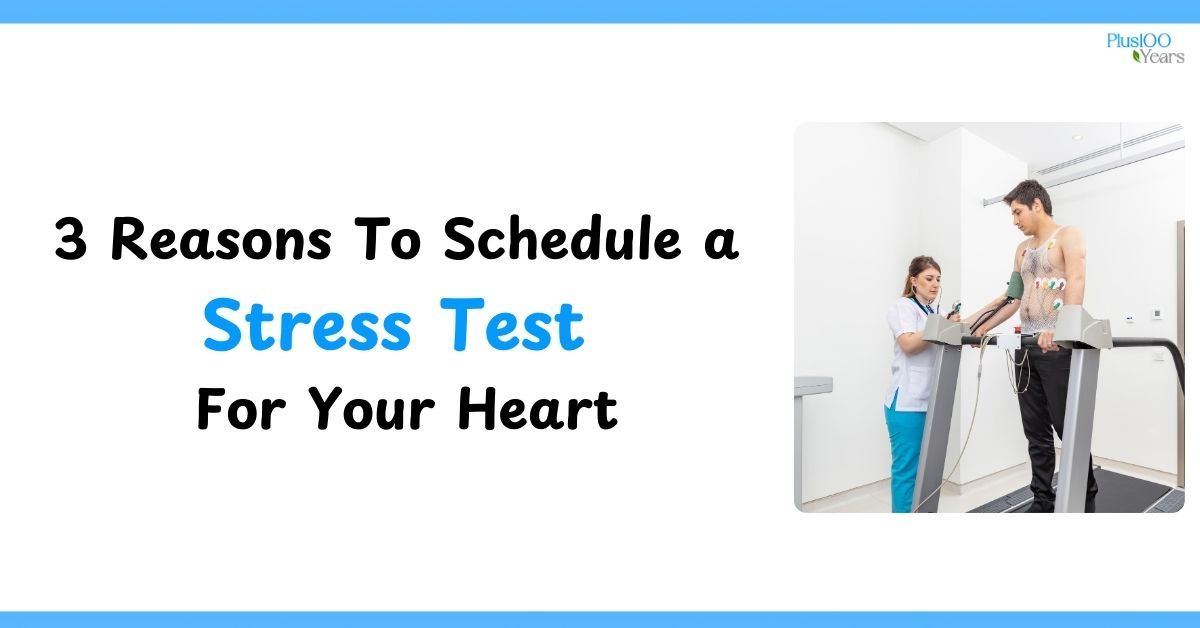
Stress tests frequently involve walking on a treadmill or performing other exercises while a cardiologist monitors your heart rate and rhythm.
The test is used in cardiology to gather information about your heart’s condition during an increasingly intense workload.
If exercise isn’t an option, the cardiologist can use medication to stimulate your heart artificially. Here are three reasons to schedule a stress test:
Symptoms of Cardiovascular Diseases
Symptoms like elevated blood pressure, irregular heartbeat, or shortness of breath require further investigation because they are often linked to cardiovascular diseases.
Heart palpitations, chest pain, and fainting also need prompt medical evaluation. Stress tests are used by cardiology institutes to diagnose cardiovascular conditions like arrhythmia, coronary artery disease, and heart disease.
The test uses an electrocardiogram to monitor your heart’s activity and an echocardiogram to create images of your heart’s valves and chambers.
During a stress test, the cardiologist assesses your blood flow, heart rhythm, and other factors.
Cardiologists compare the gathered information with that of current medical health standards and healthy patients with cardiovascular conditions.
The echocardiogram might reveal concerns like abnormal heart size, defects, damage, and blood clots.
Cardiologists can also use it to reveal aorta issues, valve problems, pump strength, and fluid around the heart.
If you have symptoms linked to cardiovascular conditions, the test can likely confirm it, allowing your cardiologist to perform further investigation.
Cardiovascular Disease Treatment Evaluation
A stress test is part of treatment evaluation for cardiovascular conditions like coronary artery disease or heart disease.
Cardiologists use the stress test to monitor your progress and determine if your current treatment is effective. If you’re receiving treatment for heart disease, a stress test can show whether your heart rate and blood pressure are returning to normal.
Cardiologists should compare the results from each test and different exertion levels.
If the results are the same, your cardiologist can recommend alternative treatment. Stress test results also reveal whether additional evaluation is necessary.
Multiple tests are scheduled throughout your treatment, and the exercises can be changed as your condition improves.
Cardiologists also use stress tests to monitor your progress after a heart attack or heart surgery. The tests help to identify what level of exertion is safe during specific phases in your recovery.
Fitness Assessments and Plans
A stress test is needed when assessing your fitness and heart condition before surgery. Cardiologists use the stress test to determine if your heart can handle the stress of the scheduled operation.
The test results can help cardiologists modify your surgery plan if needed to reduce the risk of complications.
Stress tests are often done if you’re scheduled for surgery but have conditions like kidney disease, diabetes, or coronary artery disease.
You can take a stress test before beginning a structured exercise program or physically demanding activity like hiking.
Such programs can be part of post-surgery recovery or elective engagements to improve your well-being.
The test helps to assess your current cardiovascular fitness and build a program that doesn’t put you at risk. Multiple tests can be scheduled throughout the program to adjust and optimize your routine.
Consult a Cardiology Institute Today
A stress test is one of many tools cardiologists use to diagnose and treat patients. If you have a diagnosed heart condition or want to improve your cardiovascular health, a stress test is likely.
Contact a reputable cardiology institute today to learn more about the uses and benefits of stress tests.
Add new comment